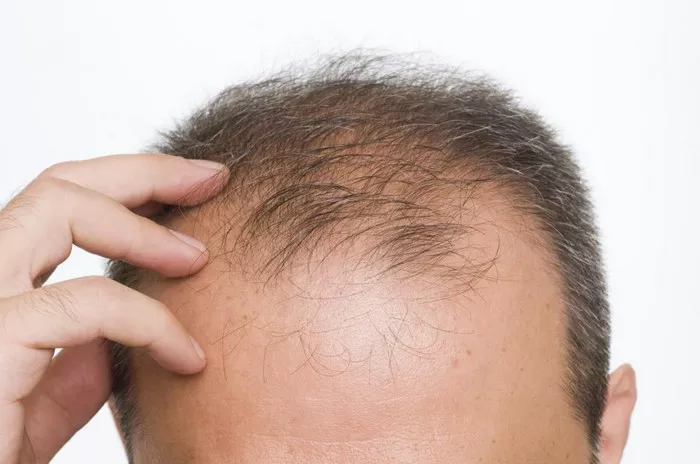Losing hair is a common concern for men around the world. Whether it’s a receding hairline or a balding crown, understanding the timing of hair loss is crucial. In this comprehensive guide, we’ll delve into the multifaceted factors that contribute to hair loss in men and provide an in-depth analysis of when most men begin to experience this natural phenomenon. We’ll discuss the age, genetics, lifestyle, and medical aspects that influence hair loss, shedding light on the best ways to address this issue effectively.
Age and Hair Loss:
a. The early signs of hair loss often become noticeable in a man’s late twenties or early thirties, typically in the form of a receding hairline at the temples.
b. By the time most men reach their forties, hair loss becomes more pronounced, with thinning hair on the top of the head.
c. In their fifties and beyond, the loss of hair density continues, sometimes resulting in a classic pattern of male pattern baldness, known as androgenetic alopecia.
Genetics and Hair Loss:
a. Genetics play a pivotal role in determining when hair loss begins in men. If you have a family history of early hair loss, you’re more likely to experience it yourself.
b. Research indicates that a specific gene known as the androgen receptor (AR) gene is closely linked to male pattern baldness. If you inherit this gene from your parents, your risk of hair loss increases significantly.
Lifestyle and Hair Loss:
a. Unhealthy lifestyle choices, such as a poor diet, excessive stress, and smoking, can accelerate the onset of hair loss.
b. Diets lacking essential nutrients, particularly protein and vitamins, can weaken hair follicles and contribute to hair loss.
c. High-stress levels can lead to conditions like telogen effluvium, causing excessive hair shedding.
d. Smoking restricts blood flow to the scalp, impeding the delivery of vital nutrients to hair follicles.
Medical Factors and Hair Loss:
a. Certain medical conditions, such as alopecia areata and thyroid disorders, can trigger hair loss at a younger age.
b. Medications, including some used to treat high blood pressure and cancer, may have hair loss as a side effect.
c. Hormonal imbalances, like an excess of dihydrotestosterone (DHT), can contribute to male pattern baldness.
Prevention and Treatment Options:
a. To delay or minimize hair loss, men can consider using FDA-approved medications like minoxidil and finasteride, which have been clinically proven to slow down the hair loss process.
b. Low-level laser therapy (LLLT) has shown promise in stimulating hair growth and preventing further loss by increasing blood flow to the scalp.
c. Hair transplant surgery can provide a long-term solution for those who have already experienced significant hair loss, offering natural-looking results.
d. A balanced diet rich in nutrients, along with a stress-free lifestyle, can help maintain healthy hair by supporting strong, vibrant follicles.
Lifestyle Changes for Healthy Hair:
a. Incorporating a diet abundant in protein, vitamins (especially B vitamins and biotin), and essential minerals like zinc and iron can promote hair health by nourishing the hair follicles from within.
b. Regular exercise and stress reduction techniques like yoga and meditation can contribute to overall well-being, positively impacting the health of your scalp and hair.
c. Avoiding harsh hair care practices, such as excessive heat styling and tight hairstyles, can prevent hair damage and minimize the risk of hair loss.
See Also: [Revealed!] 6 Ways To Achieve Smooth & Silky Hair
Conclusion:
In conclusion, the timing of when most men start losing hair can be influenced by various factors, including age, genetics, lifestyle, and medical conditions. Understanding these factors and taking proactive steps to address them can help men maintain a healthy head of hair for longer. Whether through medication, treatments, or lifestyle changes, there are numerous options available to combat hair loss and promote a fuller, thicker mane. Remember that early intervention is often key to the most successful outcomes in the battle against hair loss, giving you the confidence and vitality that a full head of hair can provide.


